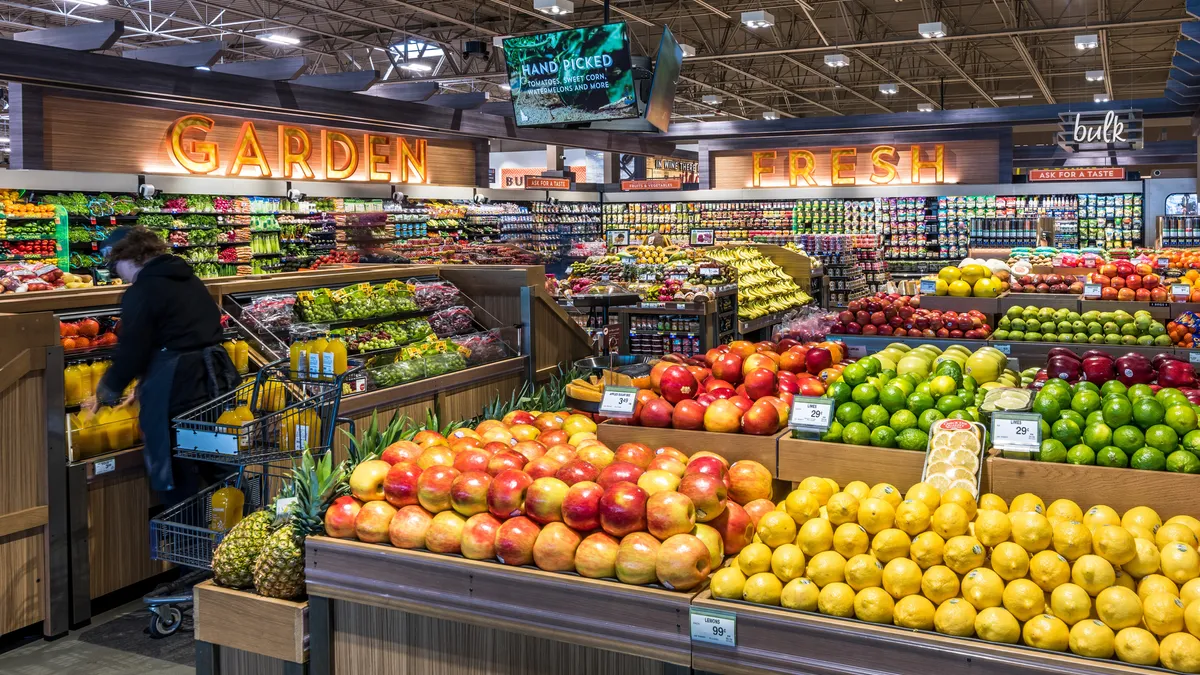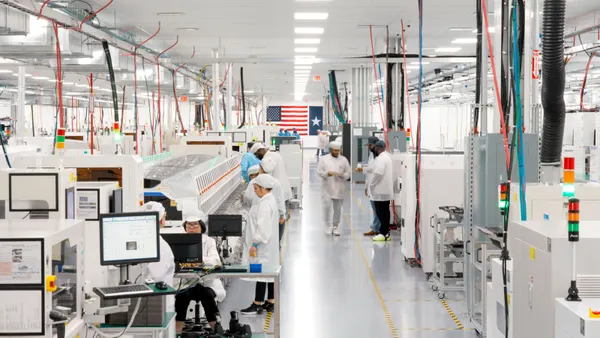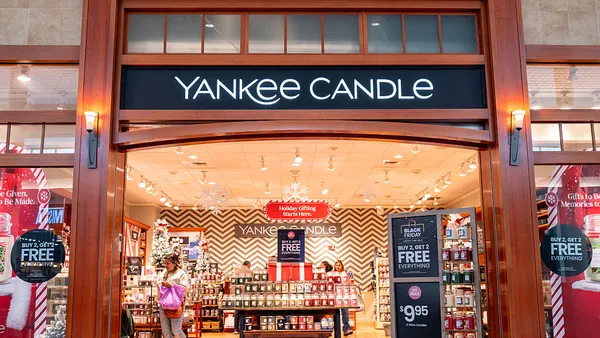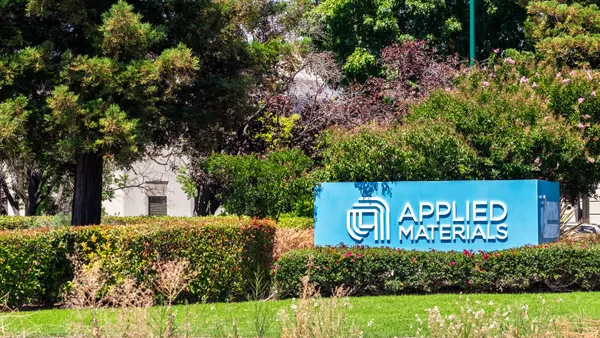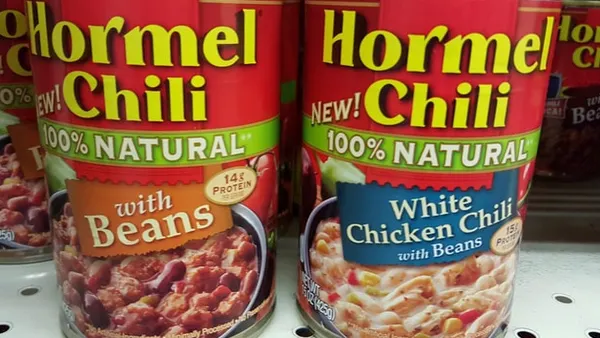Dive Brief:
- Albertsons has a strategy in place to buffer rising ingredients costs which are impacting the cost of goods from vendors, CEO and Director Susan Morris said during a July 15 earnings call.
- As its first line of defense, the grocery chain is deconstructing the cost increase to ensure the two parties are aligned with the rationale behind the price hike, Morris told analysts.
- Although more than 90% of Albertsons’ goods are domestically sourced, the company would consider alternate suppliers if tariffs become “unwieldy,” the CEO said.
Dive Insight:
Albertsons is valuing more efficient supplier relationships as it remains meticulous about its pricing process, Morris told analysts.
“This is part of our DNA. We sell a lot of commodity driven items, and we are very agile in the pricing process there,” the CEO said.
In certain cases, Albertsons will have to pass the higher cost of goods to customers — but only if absolutely necessary, Morris said. She added that the company aims to remain “very close to the competitive set,” particularly on key items.
“We worked hard and it shows in our price position as well that we've not passed through all of the inflation that we're seeing from a cost of goods perspective,” the CEO said.
Higher supply costs are also prompting Albertsons to review its own brand offerings, which accounted for nearly 26% penetration of brand sales in Q1, Morris said. The grocery chain believes the figure should be at least 30% as it sees growth opportunities for private label goods.
“So, as we look forward and we look at the tariffs, it may be that there comes a point where we decide that an expansion in our assortment in [our] own brands is a great solution for our customer, and we're looking at that as well,” Sharon McCollam, president and CFO, told analysts.
Many imported ingredients used in food manufacturing are being hit by the Trump administration’s tariff-heavy trade policy, pressuring prices for items such as cocoa. Dozens of spices and seasonings are also anticipated to see higher prices due to the rising duties, including vanilla and cinnamon.
In 2024, more than $2 billion of spices were imported from more than 50 countries, the American Spice Trade Association said in a March letter to the Trump administration. Spice giant McCormick, for instance, expects to face up to $90 million in added costs a year due to tariff-driven charges and plans to raise prices in Q4.



